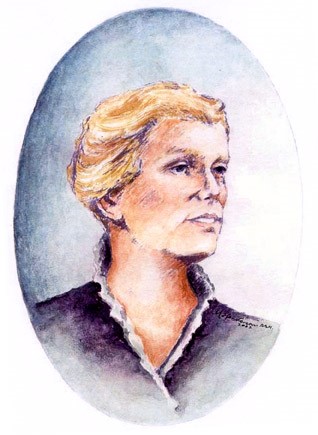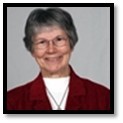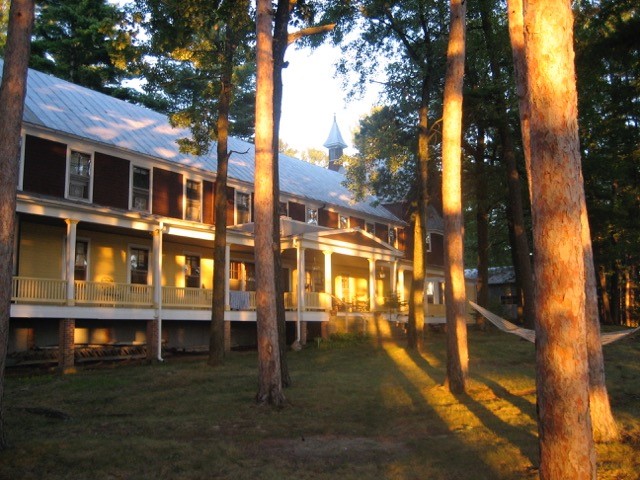Wednesday August 26 — “the soul laughs . . . “
It’s not difficult to hear brutally contentious and contemptuous language flung about in the world’s various public forums. At the moment, too, it’s hard to avoid other signs of distemper and anxiety, like this week’s stock market plunge and the uncompromising positions playing out in the US Congress. Hard times incline people to choose words that trend gloomy, anxious, bitter, cynical, hostile. In hard times it can be a stretch to imagine words that are patient, kind, playful, tender, mutual and brave.
Yesterday, freshman move-in day on campus stirred in me an alternative energy to Hard Times’ Blues. It’s like the buildings on campus are waking up from the dreamy days of summer, when there was more time to do untended maintenance and long term planning, and sitting on the beach dreaming of a soft pace to life, dreaming of the loves of our lives.
Suddenly: wham! . . . energy! . . . curiosity! . . . playfulness! Students everywhere! But just because the freshmen students are mostly late teenagers does not still mean that they, too, must work at finding a balance between gloom and delight.
Today’s post from 14th century Europe takes all this energy and fear and ambiguity and hope head on.
Best to read it out loud, with pauses. Maybe try dancing it.
Happy new year.
john sj
Today’s Post
“Indeed I say, the soul will bring forth Person
if God laughs to her and she laughs back to him.
To speak in parable, the Father laughs to the Son
and the Son laughs back to the Father;
And this laughter begets liking,
and liking begets joy, and joy begets love,
and love begets Person,
and Person begets the Holy Spirit.”
{attributed to Meister Eckhart}
Meister Eckhart, a German Dominican, theologian, philosopher and mystic, was known along with his writings for sermons addressed to ordinary people as well as to women and men more more visibly engaged in Church life. Eckhart died just twenty years before the peak of the European pandemic known as “The Black Death” which killed 30% to 60% of Europe’s people. One might be inclined to see his intuition about the identity of God as embodied in laughter and affection as an antidote before the fact for the terrified and violent fears that convulsed Europe in the mid-14th century as the living worked to bury some 100 to 200 million of those who died around them. A grim time badly in need of a rebirth for Europe’s sense of humor and playfulness.
Eckhart von Hochheim O.P. (c. 1260 – c. 1328[1]), commonly known as Meister Eckhart [ˈmaɪ̯stɐ ˈɛkʰaʀt], was a German theologian, philosopher and mystic, born near Gotha, in the Landgraviate of Thuringia in the Holy Roman Empire.






